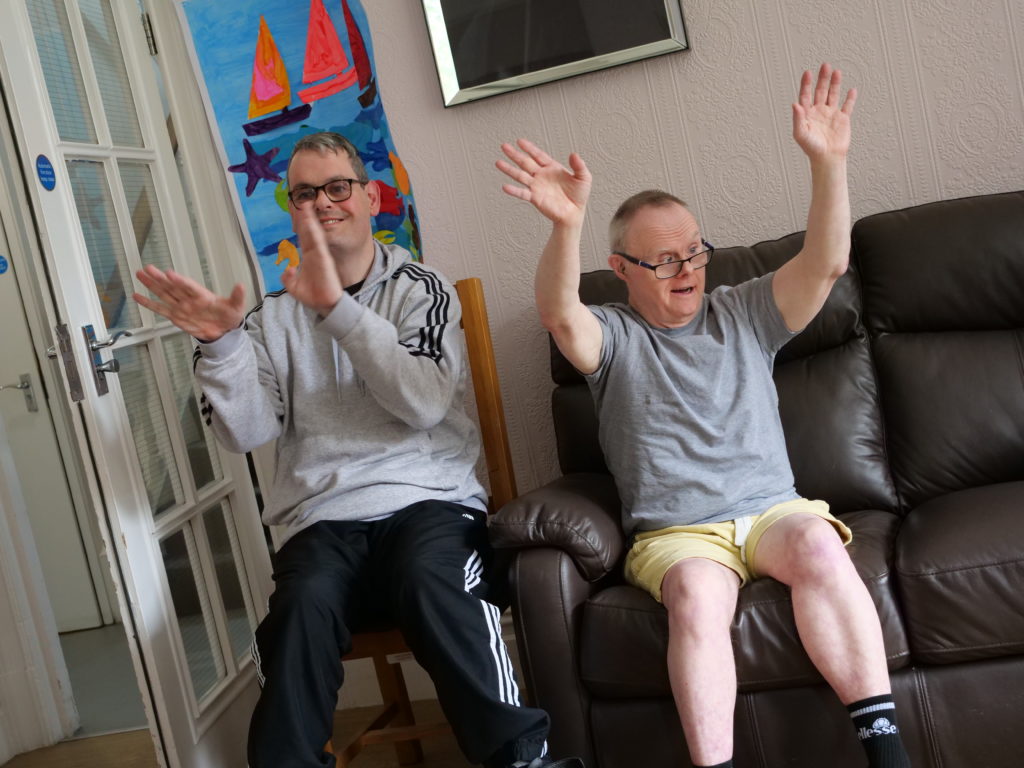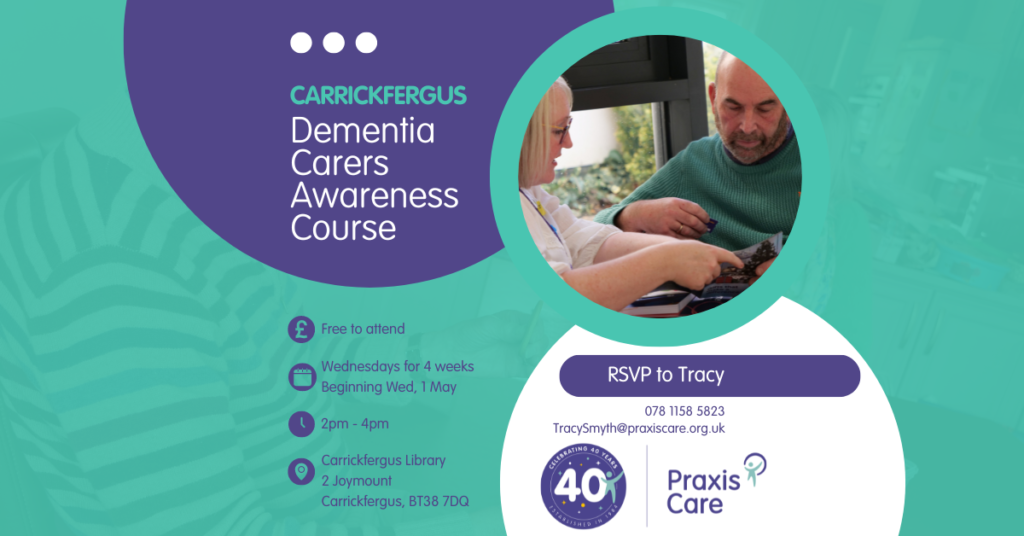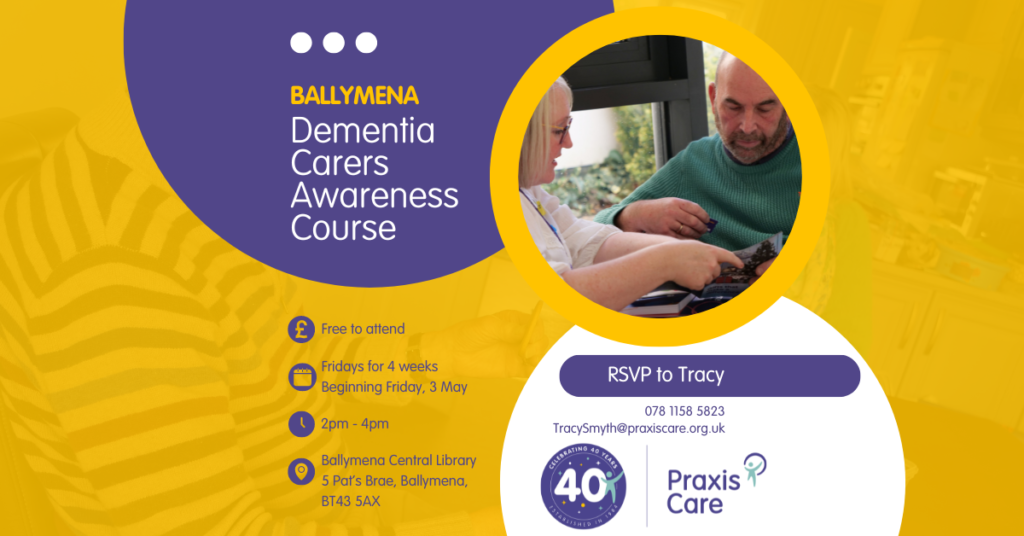Praxis Hosts First Public Session In Derry/Londonderry On How Menopause Affects People With Disabilities
Staff at our Foyle CONNECTS Service in Derry/Londonderry have staged the first menopause information awareness session for people with disabilities and carers. Menopause has dominated headlines in recent months with calls for greater recognition in the workplace for the debilitating effects on women of the condition.
Less clear are the impacts of the menopause and perimenopause on women with disabilities and the people who care for them. This prompted CONNECTS Service manager Tracey Devenney and team leader Louise Lyons to co-ordinate the information event.
“At Praxis Care we have been gearing up for the last two years to provide expert advice to our carers and the people they care for as they approach and experience the perimenopause and menopause,” says Ms Devenney.
“The menopause is something many people hate talking about but for someone going through the menopause with a learning disability this can be even more difficult,” she says. “We are now helping with this through training, awareness, exercise and other healthy living strategies.”
The event which attracted more than 50 delegates was facilitated by Sinéad Lynch and Brónagh McNamara who run the Inclusively Fit programme and Pauline Sharkey, the menopause nurse practitioner.
Fionnuala McGowan from the Adult Learning Disability Team at the Western Health and Social Care Trust said of the event, “It was great to see how the session was geared towards the needs of our service users, and their families with user friendly emojis, sensory aids and visuals.
I loved how the interactive nature of the presentation allowed our young people to participate fully and offer their comments with enthusiasm and humour.”
She praised the presenters who “dealt with quite difficult subject matter in a way that made sense and helped inform the women present.”
The menopause is part of the natural ageing process for women. It usually happens between 45 and 55 years of age, although can happen any time up until a woman’s mid 60s or a premature menopause can occur in women before the age of 45. Women may also experience induced menopause due to conditions such as endometriosis or having a hysterectomy.
Women with Down syndrome tend to go through menopause at a slightly younger age. The median age of menopause in women with Down syndrome was reported to be 46 (Seltzer et al., 2001). The median age of menopause in white women without Down syndrome from industrialised countries was reported to be between the ages of 50-52. The median age at the onset of perimenopause in those same women was reported to be 47.5.
Women with Down syndrome can experience all of the same common symptoms of menopause as women without Down syndrome. It can be challenging for a woman with Down syndrome to explain some of the symptoms she may be experiencing. Hot flashes, in particular, seem to be a difficult concept for women with Down syndrome to describe. Sometimes caretakers may notice symptoms of menopause more than the woman with Down syndrome.
Some women with Down syndrome report confusion and difficulty with memory as they experience menopause. It can be difficult to determine whether these symptoms are related to menopause or to the beginning of Alzheimer’s disease for postmenopausal women with Down syndrome.
We are also releasing a menopause policy for our staff, ensuring that managers are aware of the symptoms and are given guidance on how to support individuals who are experiencing symptoms. E-learning and support through human resources is also being provided to reduce stigma and increase education for staff who are supporting individuals going through menopause and their colleagues.




